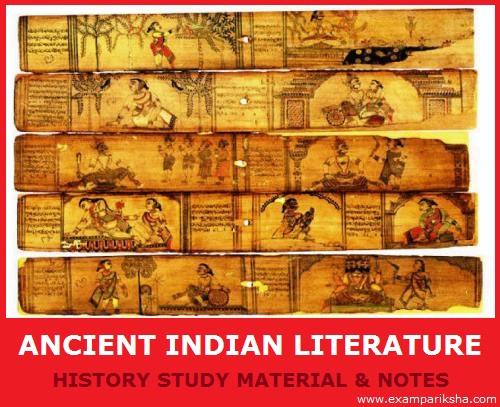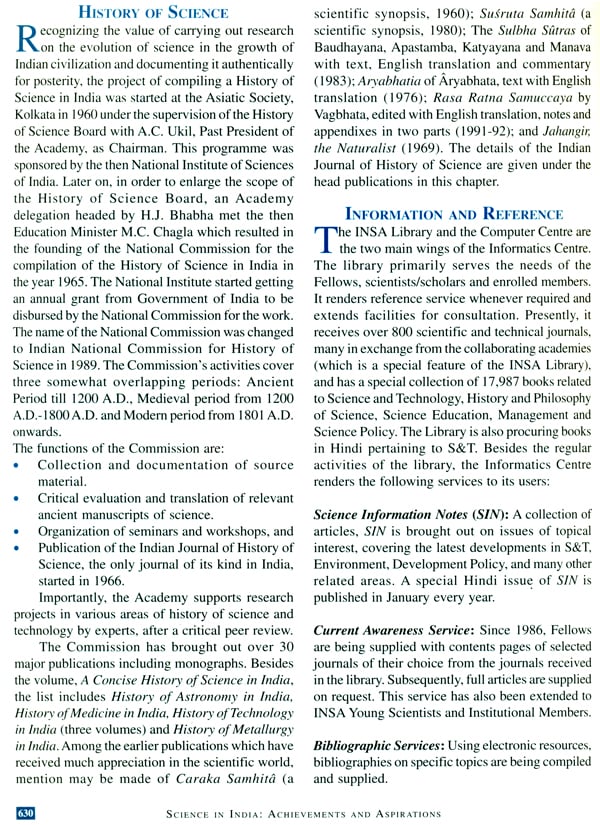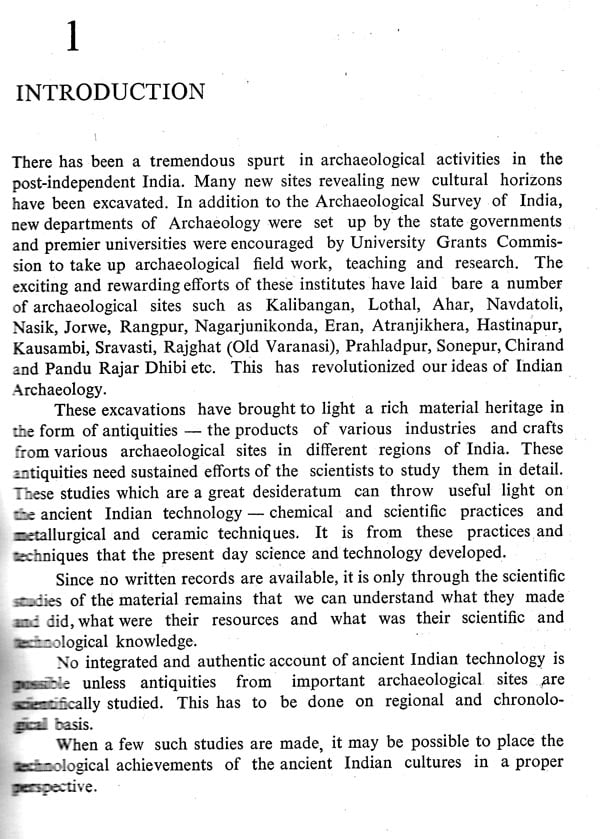Ancient India made significant contributions to the fields of science and technology, with a rich history of innovation and discovery. Many of these achievements have had a lasting impact on the world, and continue to influence scientific thought and practice today.
One of the most notable achievements of ancient Indian science was the development of zero as a number. The concept of zero, which was first used by the ancient Indians, revolutionized the field of mathematics and allowed for the development of more advanced mathematical systems and techniques.
In addition to the concept of zero, the ancient Indians also made significant contributions to the field of astronomy. They developed a highly accurate calendar and made important observations about the movements of the planets, the sun, and the moon. They also developed the concept of the celestial sphere, which is used to map the positions of celestial objects in the sky.
Ancient India was also home to many notable philosophers and scientists, who made important contributions to the fields of physics and chemistry. One such scientist was Kanada, who is considered the father of atomic theory. He proposed the concept of atoms as the fundamental building blocks of matter, and his ideas laid the foundation for modern atomic theory.
Another notable achievement of ancient Indian science was the development of advanced medical knowledge and practices. The ancient Indians made significant contributions to the field of medicine, and developed a number of important medical texts that are still studied and used today. They also made important advances in the fields of surgery and pharmacology, and developed a number of effective treatments and therapies for various ailments.
Overall, ancient India made many important contributions to the fields of science and technology, and these achievements continue to influence modern scientific thought and practice. From the development of zero to the advancement of medical knowledge, the ancient Indians made a lasting impact on the world of science and technology, and their legacy continues to inspire and inform scientific discovery today.








